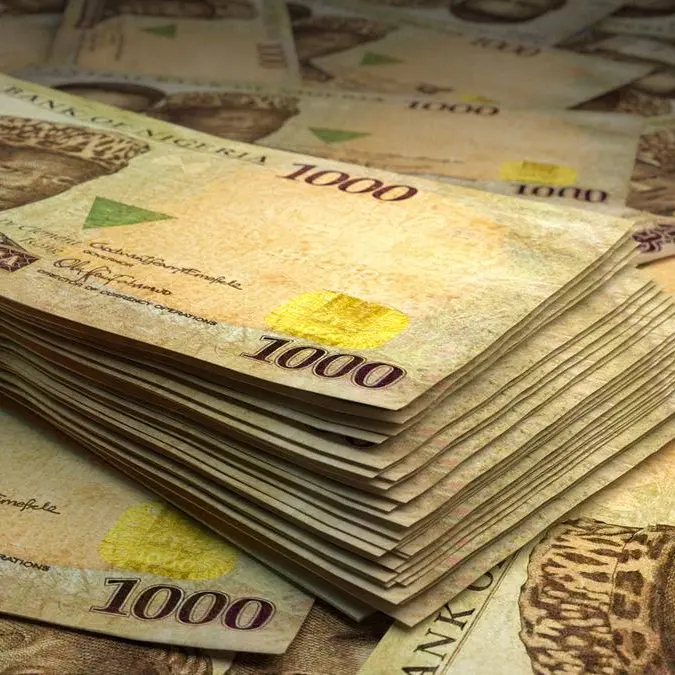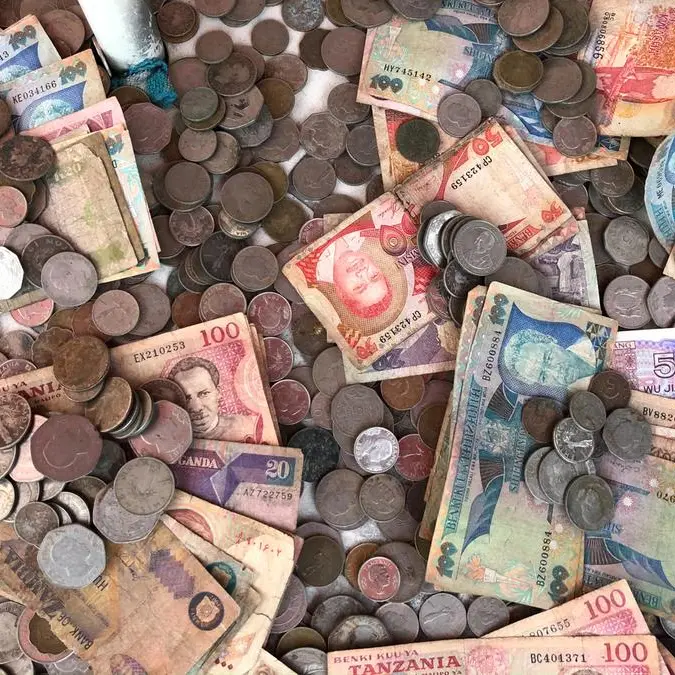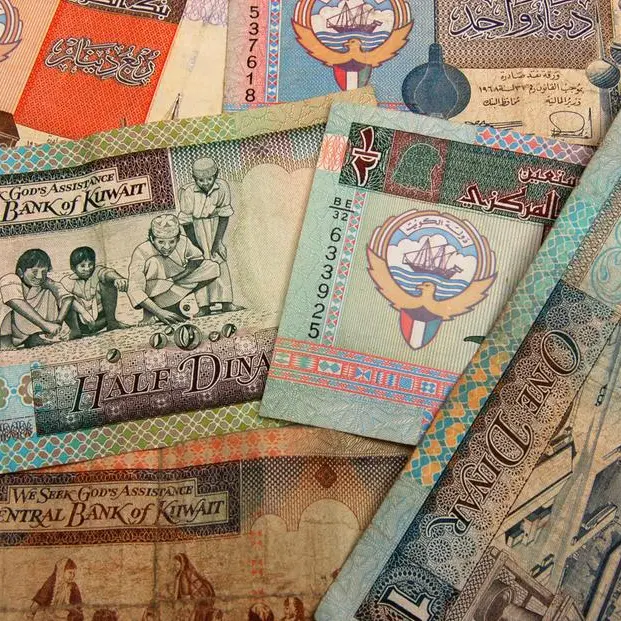PHOTO
The sell-off is a reaction to a perceived increase in the likelihood that the war between Israel and Hamas will escalate into a much wider regional conflict.
But some fund managers think that the credit fundamentals of Israel's corporates have changed very little and are taking the view that now is an opportunity to add exposure to the sector. “We actually quite like the Israeli corporate space at these levels,” one investor said.
Spreads were already elevated before tensions in the Middle East were turned up another notch by the assassinations of Hamas political leader Ismail Haniyeh in Tehran and Hezbollah commander Fuad Shukr in Beirut last week.
Energean Israel Finance’s US$750m 8.5% September 2033s, for example, were indicated at a benchmark spread of 560bp on Wednesday, having hit 570bp on Monday. Wednesday’s level is more than 90bp wider than a week ago. At the start of October, before Hamas' attack on Israel, the same bonds were quoted at 396bp.
The issuer is a subsidiary of London-listed Energean, which focuses on the exploration, development and production of natural gas resources in the eastern Mediterranean. As with other Israeli corporate issuers, the spread on Energean Israel Finance’s Ba3/BB- rated bonds is well in excess of other Double B rated emerging markets corporate credits.
The issuer also has US$625m 5.375% March 2028s quoted at a benchmark spread of 558bp. In comparison, Turkey’s Arcelik, similarly rated at BB/BB, has US$500m 8.5% September 2028s trading more than 230bp tighter at a benchmark spread of 327bp.
“Israeli corporates are probably the cheapest in the EM world at the moment and it is purely driven by the sentiment, as they have solid fundamentals,” a second investor said. “Sooner or later, the conflict will end, and in the meantime, you get very attractive carry.”
Bonds issued by Leviathan Bond (Ba3/BB-/BB), a special purpose vehicle established by NewMed Energy, formerly Delek Drilling, to raise financing secured against its 45.34% interest in the Leviathan gas field off the west coast of Israel, have similarly seen spreads jump.
Its US$550m 6.75% June 2030s are now at 568bp. A week ago the notes were quoted at 465bp and on October 1 they were at 382bp.
While the widening of spreads has been dramatic, ratings agencies have so far factored in only limited impacts in their analysis of such credits. In a June 26 rating affirmation for Leviathan, Fitch said that damage to the project's physical infrastructure is not in its base case for the credit, while in March, Moody’s and S&P acknowledged that an escalation of the war would increase the risks to the issuer.
“Clearly it’s a region where you have to keep a close eye on the news,” the first investor said. “But recently we met with some of the Israeli issuers and were quite impressed by how things are going so far.”
Source: IFR




















